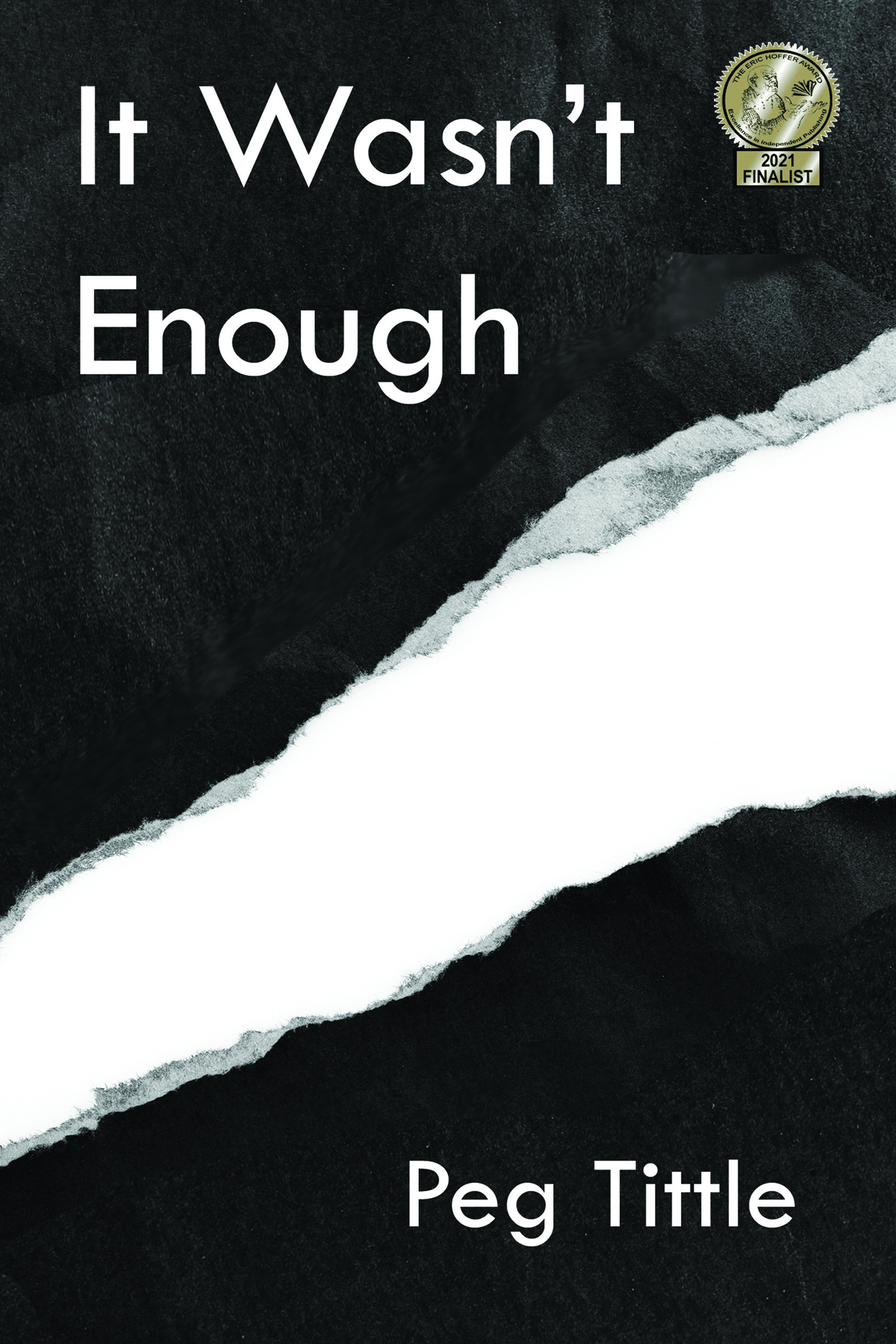Property tax (money one must pay to the government based on the land, and the building/s on the land, that one owns) is odd in that unlike sales tax (money one must pay to the government based on the goods and services one purchases), it is payable every year, not just once when you buy it. It is, in this respect, more like income tax, which is payable every year. But if you don’t pay your property tax, you lose your property; if you don’t pay your income tax, you don’t lose your income. (Well, you might, if you’re imprisoned, but that’s an indirect result, whereas losing one’s property for failure to pay one’s property tax is a direct result). What justifies this difference, this having to keep on paying property tax even though you own the property (that is, even though you’re not renting, not paying to use someone else’s property)?
One response may be that the revenue from property taxes goes to fund municipal services, and since property owners use these services on an ongoing basis, they should pay for them on an ongoing basis. But the revenue from sales tax goes to fund provincial services, which are also used on an ongoing basis, and the revenue from income tax goes to fund federal services, again, which are used on an ongoing basis.
Is there anything particularly unique about municipal services? I don’t think so – my municipality provides/maintains roads (the local roads), education (elementary education), the dump, the firehall, public recreation centers, and libraries (and probably some other stuff). Provincial and federal governments also provide/maintain roads (the highways), education (universities – to some extent – we pay tuition, but it’s subsidized by the government), provincial and national parks (akin to the recreation centers), and so on. So if provincial and federal levels of government can fund their services with revenue from sales tax and income tax, collected from those who reside within their jurisdictions, why can’t the municipal government do the same?
In addition to this inexplicable inconsistency of only at the municipal level linking property ownership to payment for public services, such a link is unfair. First, the assumption that property owners use (and therefore should pay for) municipal services is mistaken. People who own empty lots in one municipality but who live in another municipality do not use any of the first municipality’s services.
Second, one can’t even assume that length of residency indicates extent of use – for example, that year-round residents use the municipality’s services six times more than summer residents: I swear some of the summer people take more garbage to the dump in one weekend than I do in a whole month; they also use the roads a lot more than I do, going here and there and here and there – I drive into town once every week or so.
And third, you certainly can’t assume that someone who owns ten times as much land uses the municipality’s services ten times as much – and yet, that person will be required to pay ten times as much in taxes.
It seems to me that municipal services should be paid for by, and only by, the people who use them. This may or may not be the people who own land in the municipality, and the amount of payment will be independent of both the length of residency in the municipality and the amount of land owned.
But why stop there? Why shouldn’t provincial and federal services also be paid for only by the people who use them? Okay, maybe not only by people who use them, but mostly by people who use them. Perhaps many of the services, the ones that simply make the municipality, province, or country a good one to live in (roads? education? dumps? certain health services such as vaccinations?) should be paid for by everyone, to some basic extent. Beyond that, the services should be paid for by those who use them. So I would pay some basic amount for the dump, but I would also pay a per bag fee; I would pay a basic amount for the roads, but I would also pay a per kilometer fee; and so on.
Admittedly, this gets complicated. (But then the current income tax form is pretty complicated too.) We’d have to figure out the general basic fee for each of the many services and the individual user fees… And then there’s the monitoring. But it’s certainly do-able.
‘Course, there’s an easier argument for abolishing land tax (tax on the buildings should be simple sales tax: you pay when you buy your house, or the materials to build it, just as you pay when you buy your car): abolishing land ownership. I still haven’t figured out the basis for land ownership. You don’t make land like you make a chair or even like you ‘make’ an apple orchard; it’s not something you own because you’ve added your labor to the raw material to make it what it is (Locke) – it is the raw material. Furthermore, you can’t own the air or water – why land? Like air and water, it’s required for the very essentials of life (which is, presumably, why we say you can’t own the air or water). (Then again, if the U.S. can buy Canada’s water, I guess we own it…well, the government owns it…how can the government own something I can’t own?…)




















2 comments
If you don’t pay your income taxes, you CAN lose your income (and not just by going to jail). The government can garnish your wages. This means, of course, that you don’t lose your job, you just lose your income.
But don’t they just garnish until the amount you owe is paid? In the case of unpaid property taxes, they don’t just take away a portion equivalent to the unpaid taxes.